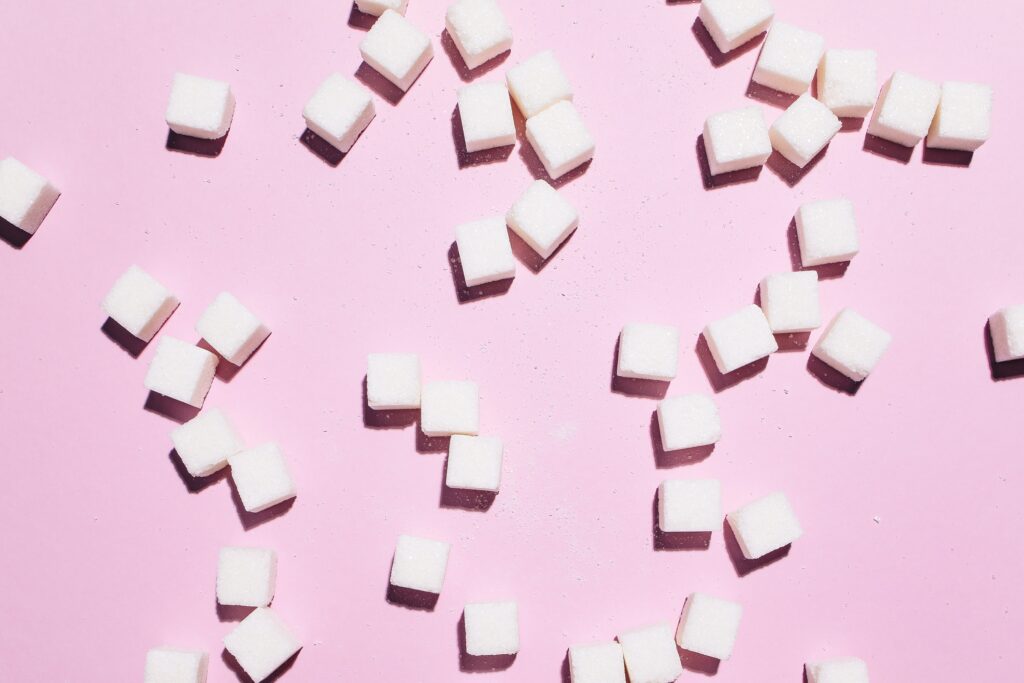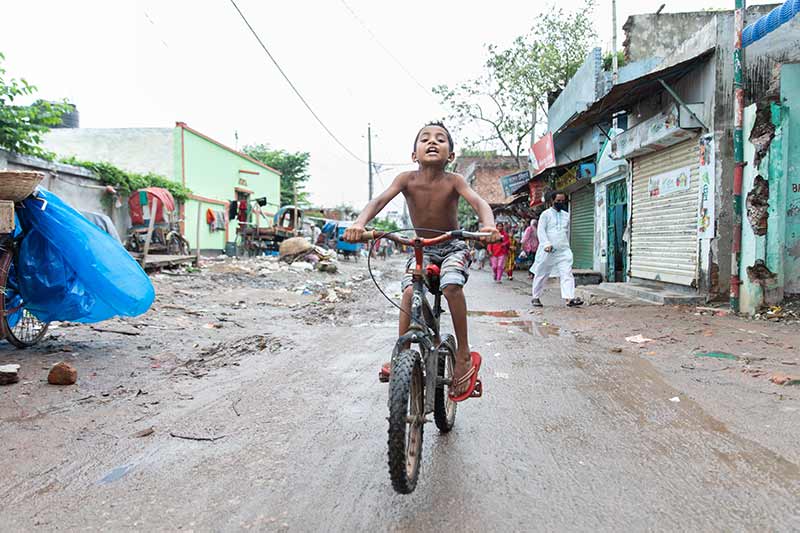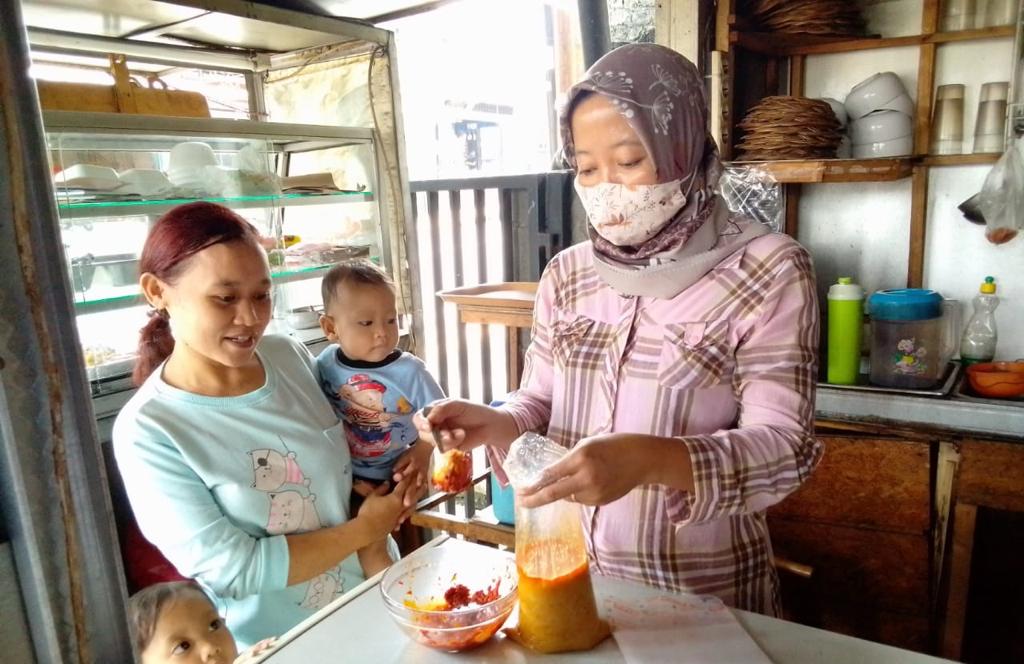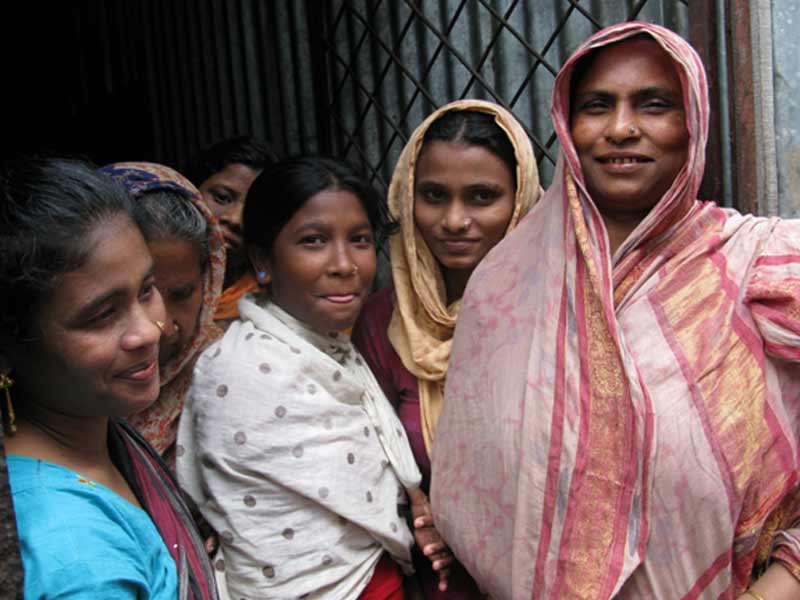
In 2015, global news giant CNN published an article with an eye-catching headline. It read, “How paradise became the fattest place in the world.”
Inflammatory as the headline was, it wasn’t wrong. That year, the World Health Organization reported that nine of the top ten most obese countries in the world were located in the presumed paradise of the Pacific Islands.
This did not come about by chance, but rather as the result of a decades-long shift in the region away from traditional diets and towards high-sugar, high-salt, high-fat, imported foods. The consequences of this shift have been catastrophic, not only with obesity, but also in the shocking spike of non-communicable diseases (NCDs). In fact, NCDs have become the leading cause of death in the Pacific Islands, triggering Pacific countries to declare an “NCD crisis” in 2011.
But this was not all they did.
In recent years, Pacific Island countries have taken to fighting obesity and NCDs with what has become known simply as a “War on Sugar.”
SSB taxes lead the fight
The tip of the spear in the War on Sugar has been the introduction of sugar sweetened beverage (SSB) taxesacross the region. SSB taxes on things like carbonated soft drinks, fruit juices, and flavored milk are designed to raise the price and encourage healthier beverage choices among consumers.
Studies show that SSB taxes work. In Tonga, for example, a volumetric SSB tax introduced in 2017 has already resulted in significant declines of SSB imports.
The War on Sugar expands
Many countries have moved beyond SSBs and introduced taxes on unhealthy foods more generally, as well as tobacco and alcohol, while at the same time, subsidizing healthier food. The idea is to ensure that the true costs of food products, in healthcare expenditures and lost productivity, are reflected in their market price.
Samoa, for example, taxes both sugar and salt, while Tonga taxes unhealthy, fat-laden products like turkey tails and mutton flaps, as well as tobacco. Meanwhile, both Tonga and Fiji have reduced import duties on healthy foods like fruits and vegetables, and fresh fish.
Moving forward – The Pacific Legislative Framework
Despite an aggressive War on Sugar and other unhealthy foods, obesity and NCDs are still spiking in the Pacific Islands. In fact, in 2022, all ten of the top ten most obese countries in the world are Pacific Island countries. Furthermore, it has been estimated that by 2040, four of the top five causes of death in the region will be NCDs.
Recognizing that efforts must be taken further, Pacific Island health ministers met on March 22, 2022 and agreed to endorse the seminal Pacific Legislative Framework for NCDs.
The sweeping document, created by 21 Pacific Island countries in collaboration with the FAO, WHO, and UNICEF, developed comprehensive policies for reducing consumption of fat, sugar, salt, as well as alcohol and tobacco, providing policymakers with ready-to-go legislation to address obesity and NCDs.
Will Pacific Island countries follow this framework? And when they do, will it work?
The war continues …



